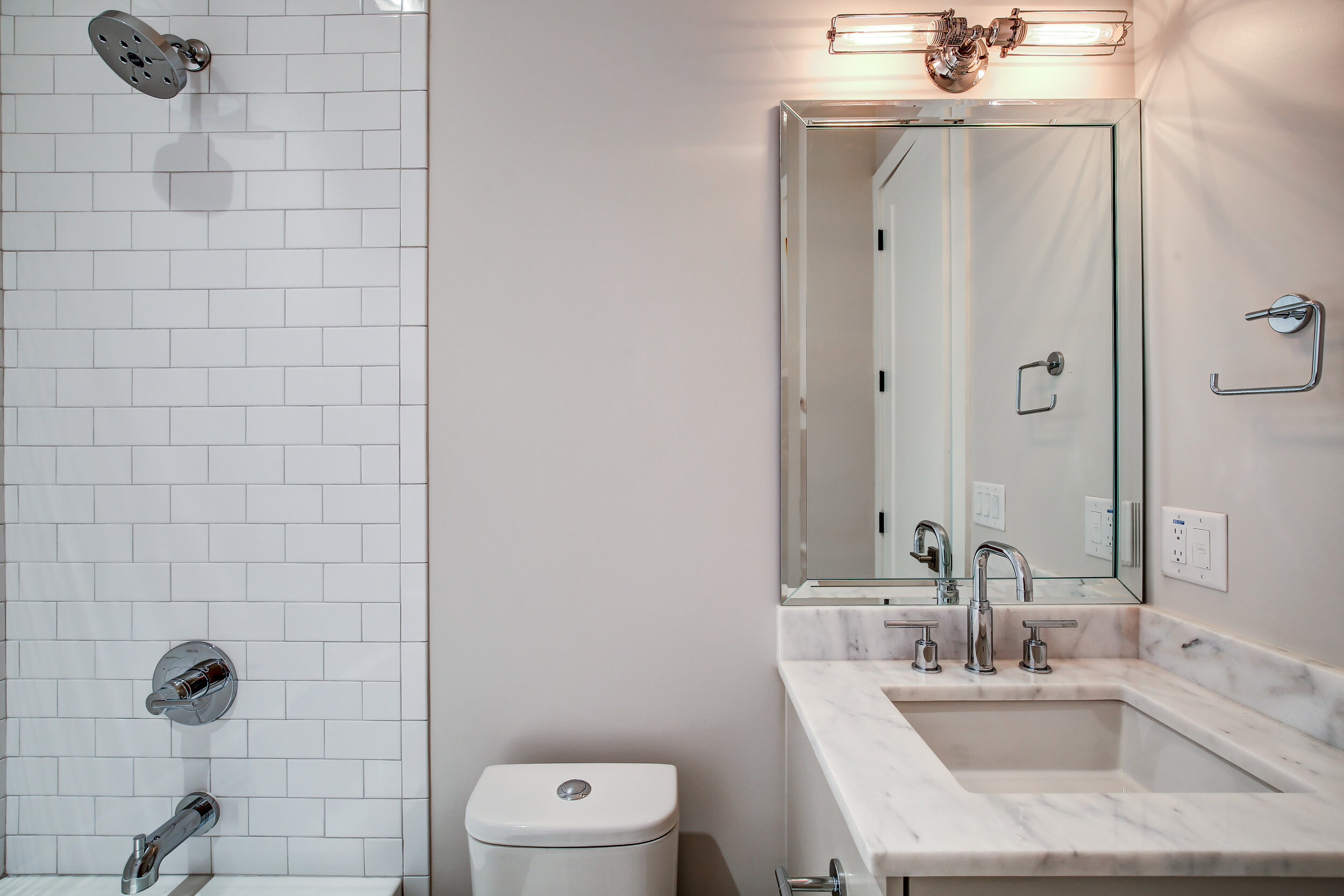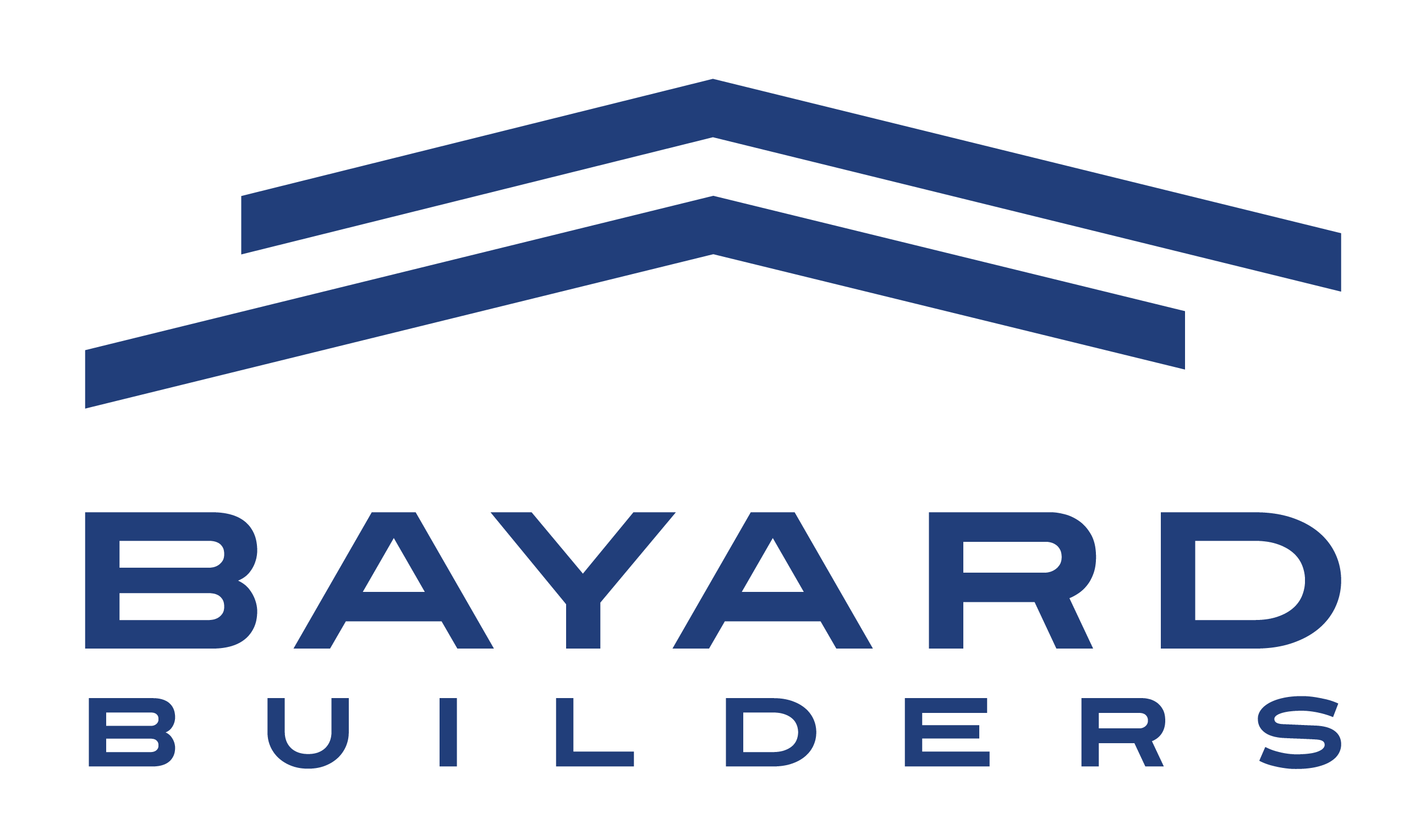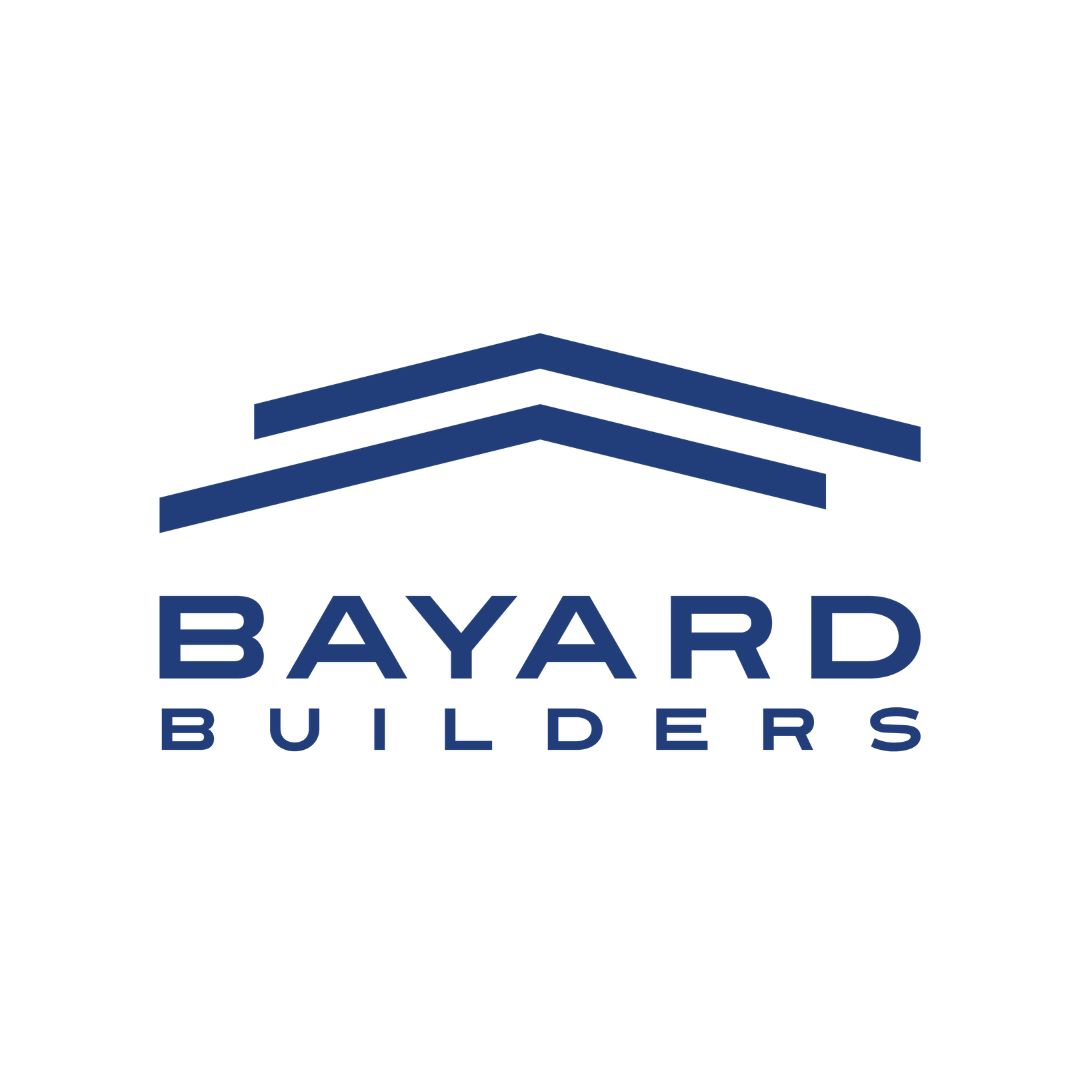
12 Sep How Much do Home Additions Cost?
How much do Home Additions Cost?
A wish list is often the best starting point if you are planning on a home addition. First, include the concerns you want the project to address, and the goals you want to be achieved. Once you’ve finalized your list, rank the improvements you want according to priority. By knowing the end result you want, you can help your contractor or builder in planning for all aspects of the project such as wiring, plumbing, and the location.
Observe the Rules
Check the legal restrictions on what you can do on your property. Most cities have established setback restrictions governing how close a proposed structure can be to property lines, as well as building area ratios, height limits, design requirements, and ordinances on historic-district preservation.
Positive Planning
When coming up with a design for your new space, don’t shut the door on new possibilities. For instance, when planning for a new bathroom, keep your mind open to moving the vanity to another location. By being open to change, you can explore the possibility of using the new space in a more productive manner.
Expand Effectively
Although additions are all about getting more space, it doesn’t necessarily have to be massive. During planning, consider getting space from adjacent hallways or closets to keep the addition as small as possible. For example, in the kitchen, a mini breakfast nook requires a space of just a few feet, but it can transform the look of your entire kitchen.
Attractive Angles
Make use of attractive angles. This allows you to add exciting exterior elements. Have the breakfast room positioned at such an angle that will help break a rectangular façade up.
Sloped Solutions
The issue when building on a sloped piece of a lot is that the structure may end up looking like it is on stilts. Consider the vertical orientation, then stack multiple spaces. This allows for an addition that perfectly blends with the hillside, and offers plenty of additional space.
Consider Material Matters
Perfect sliding matches make new additions seem like they have been there for a long time. However, mimicking original surfaces is not always preferable or possible. For instance, choosing materials of similar tonal range and vintage, but with different textures, will produce a nice harmony that respects the original while setting the new off.
Review Rooflines
Copying the pitch and style, or angle of the original building roofline makes an addition fit in with the old structure, whether you are building or adding a new entryway.
Detail Deftly
One key to well-designed additions is the repetition of architectural features. Elements that otherwise remain unnoticed can clash. This is if they are of two entirely different design styles or materials. Consider all of the original structure’s elements carefully. These include the doors, windows, trim, lighting, hardware, and gutters. If there are double-hung windows, for example, refrain from installing swing-out casements for the addition.
Landscape Logically
Even a well-designed addition may look like it was tacked on hastily if the walkways, plantings, borders, and beds surrounding it don’t comply to the style of the elements of the original house.
Stay in Scale
You don’t want your addition to appear like it ate the house. Neither would you want to include a mudroom that is so small and looks a lot more like a toolshed instead of an entrance. Make sure to keep everything in proportion.
Verify Views
Be concerned not just with how your addition looks from the outside. Consider what the outside would look like when viewed from the addition. Orient, design, and place your addition to maximize the striking views. This way, it will look great when seen through the original house’s windows.
How Much do Home Additions Cost?
Home additions may vary from professional to professional, contractor to contractor. On average, a home addition hourly cost is estimated between $25 to $75 per hour, plus materials.


No Comments